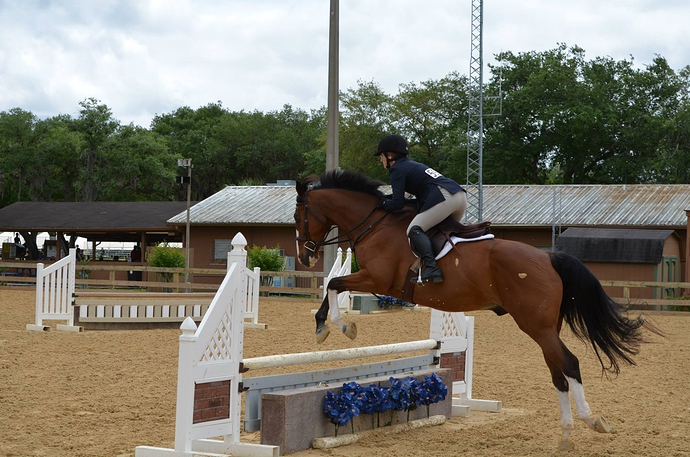@dogsbody1 I think some of this is unfair. A trainer is allowed to use their expertise, networks, and reputation to sell a horse for whatever price they think is marketable. This is acceptable and par for the course for any industry. (I’m not talking about hidden commissions which are unethical and generally illegal, or selling horses without disclosing serious defects.) Buyers are entitled to negotiate or simply shop for a different horse if they find the price unfair. Buyers are also entitled to use their own expertise sift through the many ads on social media or other horse sale sites to avoid trainer markup.
Also, I am a bit taken aback by your suggestion that it would be fair for a beginner client to expect to be able to lease a schoolmaster for the price of defraying some maintenance costs. In this instance, the trainer would be financially supporting their client’s riding hobby. A trainer keeping schoolmasters around for a fraction of what it costs to keep them…I mean, this is not a workable business plan for a professional program. And I also think it is a bad business plan to have “charity” clients–it’s a bad look to be charging some clients full price and giving others steep discounts. An exception would be an experienced rider that hacks and tunes up school horses to keep them at their best (and that also has the experience and professionalism to handle the task independently).

